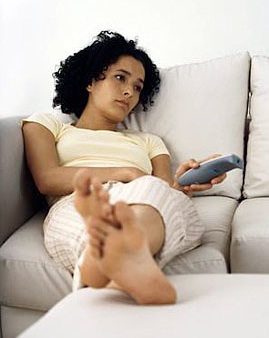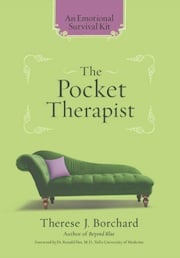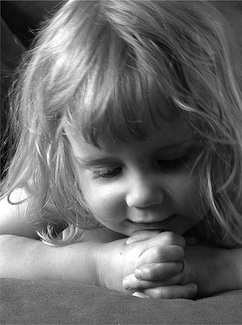
On the message board of my interview with Katherine Stone, author of the blog, Postpartum Progress, a reader asked this:
“Is it possible that the postpartum depression can turn into something that can last for so many years? I wish I knew for sure, but I believe what was diagnosed as postpartum for me was truly just a culmination of depression that finally just took me over. I’ve had plenty of ups and down in my life. I was raised on the “pick yourself up by your bootstraps” mentality, and had done that plenty. But when this hit me, it was different than anything I had experienced before. I’m lucky in that I never had thoughts of hurting my son, but when my depression was diagnosed, the doctors said it was postpartum. Here I am now, four years later, still working through it all.”
The more I read about hormonally triggered mental illness, the more I believe that experiences like pregnancy, childbirth, and breastfeeding–where so many hormonal shifts happen–can absolutely leave you with a severe mood disorder that you may, unfortunately, have to deal with the rest of your life.
In December, 2006 Danish researchers published a study in the “Journal of the American Medical Association” that was the first to consider schizophrenia and other kinds of mental illness (bipolar disorder, definitely) as different faces of serious postpartum depression.
The Danish study collected civic and health records from over a million first-time parents over a span of three decades, and found that the first three months after women have their first baby is riskiest, especially the first few weeks. During the first 10 to 19 days, new mothers were seven times more likely to be hospitalized with some form of mental illness than women with older infants. Compared to women with no children, new mothers were four times more likely to be hospitalized with mental problems.
In the Fall issue of “The Johns Hopkins Depression and Anxiety Bulletin” written by Karen Swartz, one of the physicians who evaluated me in Spring of 2006, I read even more about the research into hormonally triggered mood disorders:
Major depression is nearly twice as common in women as in men. About 12 million American women (but only 6 million American men) experience an episode of major depression at some point in their lives. And although bipolar disorder is equally common in men and women, bipolar depressive episodes occur more often in women. Moreover, research suggests that, at least in some women, reproduction-related hormonal changes raise the risk of depressive episodes.
Indeed, when levels of the female sex hormones estrogen and progesterone change dramatically, the risk of depression tends to rise. For example, before puberty, girls have the same or even lower rates of depression than boys. During adolescence, however, a girl’s risk of depression increases markedly. (Of course, social factors play a role as well.) Depression is common during and after pregnancy, too. Shifting hormonal levels just prior to menstruation are also linked to premenstrual dysphoric disorder, a condition marked by mood swings, irritability, and depressed mood, which affects about 4 percent of women.
Now research is calling attention to another reproductive stage that may increase the risk of depression: perimenopause, defined as the years leading up to menopause, during which estrogen levels are declining.
Two recent studies published in the “Archives of General Psychiatry” report not only that perimenopause is linked to depression, but also that, in some women, the depression is at least partly the result of hormonal changes. . . .
It is certainly true that most women experience changes in mood associated with hormonal changes. According to Jennifer L. Payne, M.D., Co-Director of the Women’s Mood Disorders Center and an assistant professor of psychiatry at Johns Hopkins, about 80 percent of women report some premenstrual emotional changes, and about the same percentage experiences “baby blues.” Though the numbers are unclear, a significant proportion of women also report perimenopausal mood changes. Of these perimenopausal women, however, a much smaller number experiences significant mood changes or develops a full-blown major depressive episode. In this susceptible subgroup, the hormonal changes might trigger “normal” mood changes that can then “take on a life of their own.”
It is important to note that both the postpartum time and the perimenopausal phase are associated with life events that could, in theory, trigger major depressive episodes in susceptible women. Becoming a mother, for example, is a stressful (though wonderful) life event that is also associated with sleep deprivation. Pinning the blame entirely on fluctuating estrogen levels is likely too simplistic. . . .
Says Dr. Payne: “What we currently refer to as depression is likely several different illnesses or broken parts that lead to the syndrome that we call depression. Hormonal changes might be a major factor in one woman’s illness, but not in another’s.”
“I’m suspicious,” continued Dr. Payne, “that there is a subgroup of women who are particularly sensitive to times of hormonal change–that the hormonal changes by themselves directly trigger mood changes and depression in these susceptible women–and my work is geared towards identifying the biology underneath those mood changes to better understand what the ‘broken part’ is in this type of depression. But it is unlikely that hormonal fluctuations are the culprit in every woman who develops depression at times of hormonal changes.”

